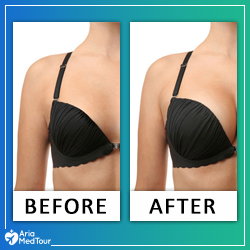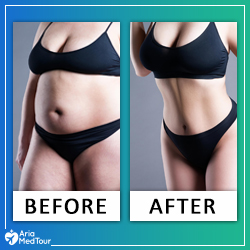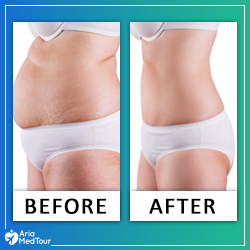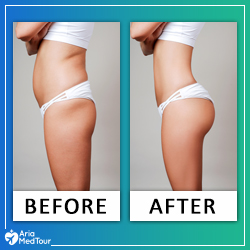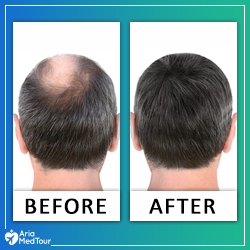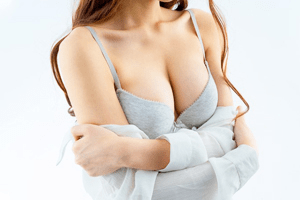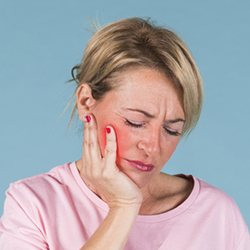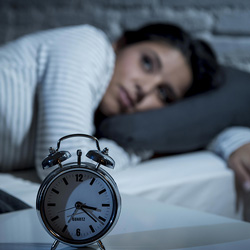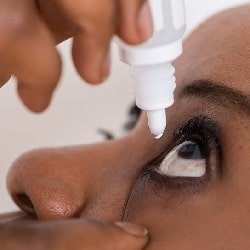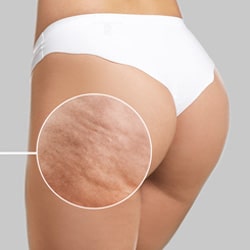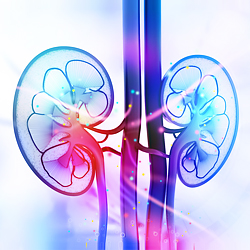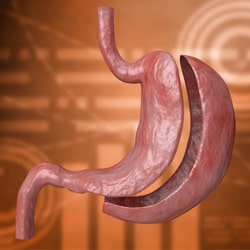Breast cancer is one of the most well-known and widely spoken cancers, but many misconceptions remain. The Internet can be a good help, but it is also full of breast cancer myths. While the best intentions are for your friends and family members to give you information to protect you, not all you hear is true.
Although there is no proof, there is a lot of media attention paid to some breast cancer myths, which can cause confusion. Hence, the distinction between good and bad is sometimes difficult to say. Thanks to research into breast cancer, here, we are debunking 14 prevalent breast cancer myths.
MYTH: You don’t have to worry about breast cancer if you maintain a healthy weight, exercise frequently, eat healthy and reduce alcohol consumption.
FACT: Yes, proof exists that all these measures can contribute to lowering the risk of breast cancer. They cannot ensure, however, that you will never get the illness. Many individuals do everything right and get breast cancer.
The risk factors that you can regulate, like what you eat and drink and how physically active you are, definitely need to be addressed. However, periodic checkups and breast self-examinations still need to be carried out in order to detect uncommon changes in the breasts.
If you have friends or family members who believe they never get breast cancer, assist them in realizing that nobody is 100% safe.
MYTH: Too much sugar causes breast cancer.
FACT: There is a popular myth that sugar can feed the cancer and accelerate its development, not only in breast cancer, but in all kinds of cancer. All cells use blood sugar (glucose) as a fuel, whether cancerous or healthy. While it is true that cancer cells eat sugar faster than ordinary cells, but there is no proof that cancer can be caused by excessive sugar consumption.
MYTH: Early-stage breast cancer detection is guaranteed by annual mammography.
FACT: Although mammography is the best way for early detection, early-stage breast cancer is not always found. The truth of false negatives describes why a female can get ordinary mammograms and then have her breast cancer diagnosed some months later. Certain women can be born with advanced breast cancer and have a sequence of ordinary mammograms. There are also instances where, after a true negative mammogram, breast cancer develops rapidly throughout the year.
Mammography does detect most breast cancers, though, and that is why regular screenings are essential. However, it is also important to pay attention to any changes in your breasts, perform monthly breast self-exams, and have a physical examination of your breasts by a health professional every year.
MYTH: Breast cancer in the early stages is rare.
FACT: Even with early-stage breast cancer, there is always some risk the cancer will return. Although most individuals will not experience recurrence with early-stage breast cancer, the risk is not entirely eliminated. Moreover, unless the breast cancer returns in 5 years’ time, it will never return. Although in the first two to five years, the danger of recurrence may be greater, later recurrences may occur. Due to these myths, females with breast cancer in the early stages report having a recurrence feeling entirely blindsided. Even 20 years after the diagnosis, individuals with stage one have a 15-20% opportunity of recurrence of the low risk hormone-receptor-positive breast cancer.
MYTH: Breast cancer only affects women. Men do not get it.
FACT: Every year around 2,190 males are estimated to be diagnosed with breast cancer in the United States and 410 are to die from the disease. Although this percentage is low, males should also regularly have their breasts examined and report any changes to their physicians by doing a breast self-exam. Breast cancer in males is generally seen under the nipple and areola as a hard lump. Men with breast cancer have a greater death rate than women.
MYTH: You will develop breast cancer if you have a family history of breast cancer.
FACT: Women who have family history of breast cancer have a greater chance of getting the disease, but most breast cancer patients have no family history. Statistically, 10 percent of people diagnosed with breast cancer have a history of breast cancer in their family.
MYTH: Breast cancer is contagious.
FACT: You cannot contract or pass on breast cancer to another person because cancer is a non-communicable disease. Breast cancer is caused by the uncontrolled cell development of mutated bacteria in the breast that start to spread to other tissues. However, by practicing a healthy lifestyle, knowing the risk factors and following an early detection plan, you can decrease the risk of developing breast cancer and treat the disease in its early stages in case it occurs.
MYTH: Using bras causes breast cancer
FACT: There is no scientific evidence confirming a relationship between wearing bras and increased risk of breast cancer. There is no biological link between wearing bras getting breast cancer.
MYTH: Females don’t get breast cancer if they are pregnant.
FACT: This is unfortunately not true. Naturally, women’s breasts are tender and enlarged when they are pregnant or breast-feeding, which may make it more difficult to find lumps or to see other changes.
MYTH: Breast implants can increase your risk of breast cancer.
FACT: According to studies, women with breast implants are not at higher risk of breast cancer. However, breast implants can form scars in the breasts, which may make it difficult to detect breast cancer.
MYTH: Caffeine is responsible for breast cancer.
FACT: No causal link between drinking caffeine and breast cancer has been discovered. Indeed, certain studies suggest that caffeine actually decreases your risk. Whether breast soreness can be related to caffeine is so far inconclusive.
MYTH: Mastectomy provides you a better opportunity to get rid of cancer than radiation therapy or lumpectomy.
FACT: Survival rates are approximately the same for females who have mastectomy and those who undergo radiation treatment or have the cancerous lumps removed. However, radiation and lumpectomy are not suitable therapy options for some cases of breast cancers — for example big DCIS, BRCA gene mutations or especially big tumors.
MYTH: Overweight women are not at higher risk of breast cancer than those with normal weight.
FACT: Being overweight or obese increases your risk of breast cancer — particularly if you have gained weight after menopause.
MYTH: Breast cancer is preventable.
FACT: Alas, no. While risk factors (such as family history and gene mutations) can be identified and lifestyle modifications (reducing or stopping alcohol drinking, losing weight, exercising regularly, and stopping smoking) can be made to decrease your risk of breast cancer, approximately 70% of females with breast cancer are not diagnosed with recognizable risk variables, which means that everyone is at risk of this disease.
Now that you know the facts about breast cancer, pass them on to friends and family members. Share what you have learned and help prevent the spread of myths that can unnecessarily worry people or make them underestimate the risk of breast cancer.


